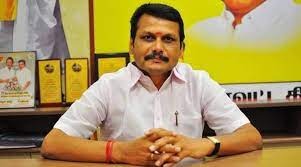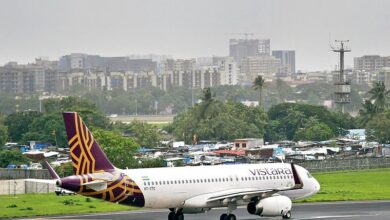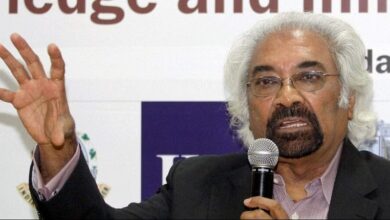Balaji’s money laundering case petition is rejected by the HC
The Madras high court denied bail to Tamil Nadu minister V Senthil Balaji on Thursday, agreeing with the Enforcement Directorate (ED) that there is a chance the DMK leader will exert influence over the witnesses and that the trial may be jeopardized because his brother, a key suspect in the cash-for-jobs money laundering case, has declined to appear for questioning.
The ED said that Balaji’s brother Ashok Kumar is “still at large” and that the DMK government’s decision to keep him in the cabinet as a minister without a portfolio demonstrates the “depth of his influence.”
According to the federal agency, the minister does not meet the “triple test” for receiving bail under the applicable legal rules – flight risk impeding the trial’s progress, influencing witnesses, and tampering with evidence. The ED continued, “His health is not in immediate danger, and the prison can provide the necessary medical care.”
According to the petitioner’s health assessment, there does not seem to be a medical issue that could only be resolved by releasing him on bail, judge G Jayachandran said in his ruling. Apart from that, his prior behavior, current role as a minister without portfolio, brother Mr. Ashok Kumar’s disappearance, and the assault on Income Tax officials all together lead to the unavoidable conclusion that, if granted bail, he will undoubtedly exert direct and indirect influence over or deter witnesses.
In a case that dates back to 2014, when Balaji served as the transport minister for the AIADMK administration, the ED had detained Balaji on June 14 in accordance with the Prevention of Money Laundering Act (PMLA), 2002. He was hospitalized for chest problems after his arrest, and a private hospital later performed heart surgery on him. On July 17, he was released, and ever then, he has been detained at the Puzhal Central Prison. M. K. Stalin, the chief minister, reassigned his duties for power, excise, and prohibition.
Balaji was taken to Chennai’s government Stanley hospital last week on October 10 with complaints of chest pain, a headache, and numbness in his left leg. That same day, he was sent back to the prison hospital.
Balaji’s senior attorney N. R. Elango said that the reason for his request for release is illness, not any other reason. He argued that Balaji’s medical condition required bail, citing provisions under Section 437/439 of the CrPC and Section 44(1)(ii) of the PMLA, both of which deal with granting bail on the basis of sickness.
In a statement on behalf of the ED, additional attorney general ARL Sundaresan argued that while Balaji’s condition is listed in the medical reports as “ill,” the institution has access to the necessary medical treatment. According to Sundaresan, the PMLA clause Elango cited cannot be used in all situations of illness; rather, it can only be used when the illness is so severe that it poses a danger to life and cannot be treated either in the jail hospital or a government hospital. “In this petitioner’s case, a team of distinguished doctors from Government Stanley Hospital have examined him and have not reported any alarming health issues that will endanger his life,” he claimed.
In accordance with the relevant sections of the CrPc, he said, the minister does not pass the triple test since he is a minister without portfolio while being imprisoned, his brother Ashok Kumar is still “at large,” and there is a possibility of evidence tampering, which cannot be “ruled out.”
Following his consideration of both arguments, judge Jayachandran sided with the ED. The court said that the co-accused Ashok Kumar’s lack of cooperation, who is the petitioner’s blood brother, “also justifies the Enforcement Directorate’s apprehension that there is a flight risk causing impediment in the progress of the trial.” This court “is not inclined to grant bail to the petitioner for the aforementioned reasons.”
The agency had sent four summonses to Kumar since June, and in August it said that he “never joined the investigation and has refused to appear before ED in response to the summonses citing frivolous inconsequential excuses.” His mother-in-law P Lakshmi and wife Nirmala have “not complied” with four separate summonses, according to the ED, which also said that “evidence indicates that all three individuals have played pivotal roles in layering and integrating the proceeds of crimes” for all three.







